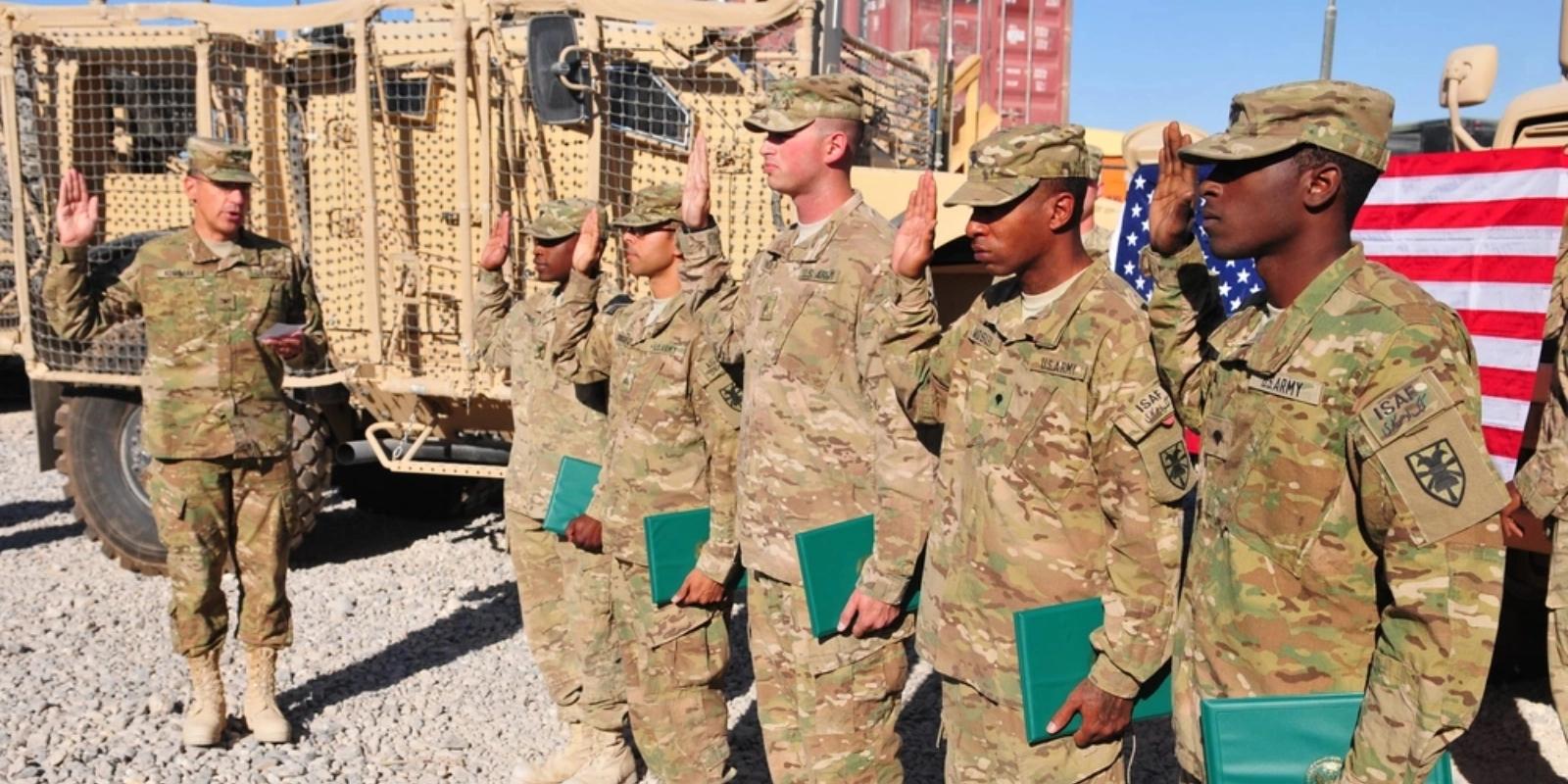NAVAL HEALTH RESEARCH CENTER IS AIMING TO IMPROVE MARINE SHOOTING
The Naval Health Research Center (NHRC) helps the U.S. Department of Defense (DoD) form its policy in regard to the operational readiness and health of warfighters. This is done through research, development, testing, and evaluation, in whatever capacity is needed. At the end of the day, the Naval Health Research Center has a job to do: make sure the health and readiness of troops are where they need to be. This is why an ongoing study from the NHRC on the U.S. Marines is sure to catch the eyes of many. Operational readiness means being able to hit the target and no matter how many smart weapons we create, Marines hitting the target effectively with a firearm is still a major part of national security. As it stands, Marines are damn good but are also showing a range of inadequacies.
Naval Health Research Center Study Aims to Improve Marksmanship From Marines
Ever since the establishment of the Naval Health Research Center in 1959, it didn’t take long for the group to begin conducting studies to improve the American Armed Forces. As the name would suggest, the Naval Health Research Center is prepared to evaluate warfighters and improve them for a stronger force.
Back in 2018, the Marine Corps Combat Development and Integration published findings about marksmanship showing that training wasn’t where it needed to be. Furthermore, there was also data suggesting a gap in knowledge about how Marines were actually performing on shooting ranges.
The issues were brought to the branch’s attention and there is now a study ongoing by the NHRC to rectify these issues. It will last three fiscal years and follows another study that came in 2022 looking to improve live-fire data. The 2022 study is already causing consideration for improving training and readiness.
Securing eight advanced small arms lethality trainers (ASALTs) with a $11.3 million contract, the Marines are set to deploy diverse, advanced training scenarios thanks to the minds at Conflict Kinetics.
Many major bases will use ASALTs, including the first at Marine Corps Air-Ground Combat Center Twentynine Palms, California. The trainers capture valuable human performance data for enhanced training outcomes.
Although around 80% of Marines are considered “experts” in shooting, there is still room for improvement. The advanced technology during the NHRC’s study aims to not only prove this but also improve the way Marines train moving forward.
Evaluating Devil Dogs at the Next Level
One of the reasons for the study and improvements is because of the Marine’s issues tracking a wide range of shooting drills. This includes hitting and leading moving targets, shooting targets at night, and understanding the factors that go along with each type of target practice.
Understanding these metrics can also help the Marines better utilize information to teach important skills. This is a particularly difficult thing to quantify or demonstrate when it comes to leading, yet an important skill set to have in the life of a Marine.
There are also many different advancements helping Devil Dogs train in a more realistic environment. The enemy isn’t going to be a paper target sitting so many meters away from a warfighter. It’s important to not only train for the scenarios of today but also the demands of the future.
Using the new ASALTs is also providing Marines with a chance to train for situations that aren’t available in previous training situations. This is because they are either too dangerous or complicated to execute in a training environment.
The Study by Naval Health Research Center, Training to Continue Evolving
Even more tweaks will occur during the study by the Naval Health Research Center. While the Marines are already pushing beyond what is possible, there are additional variables, including stressors to help better understand the mental side of things, that are going to be added in the future.
This is a groundbreaking approach that shows one of the U.S. military’s greatest strengths its ability to innovate unlike any other. Understanding how Marines shoot is only going to improve as data-based marksmanship is helping evolve the modern warfighter.
There are some amazing weapons out there but knowing how to fire a rifle is still an imperative skill. The study from the Naval Health Research Center isn’t just helping improve a tradition or way of life but is tangibly improving national defense and warfighter capabilities like never before.
SHARE:
TAGS:
JOIN OUR NEWSLETTER
Get the latest news and military discounts



